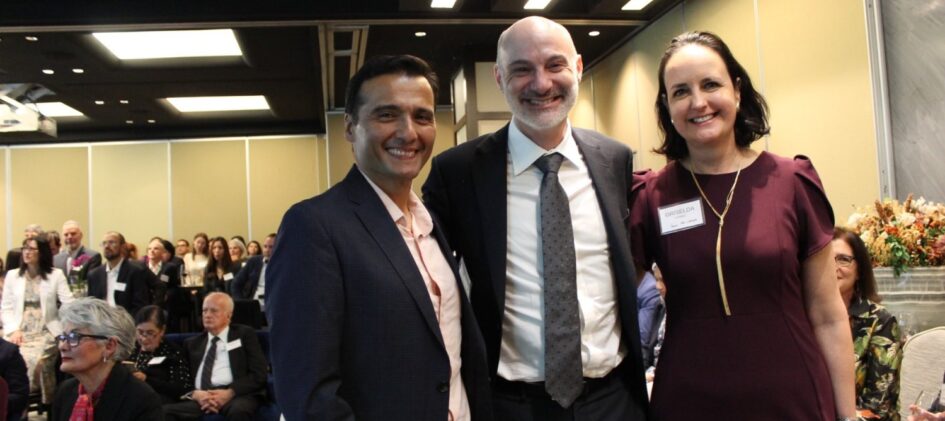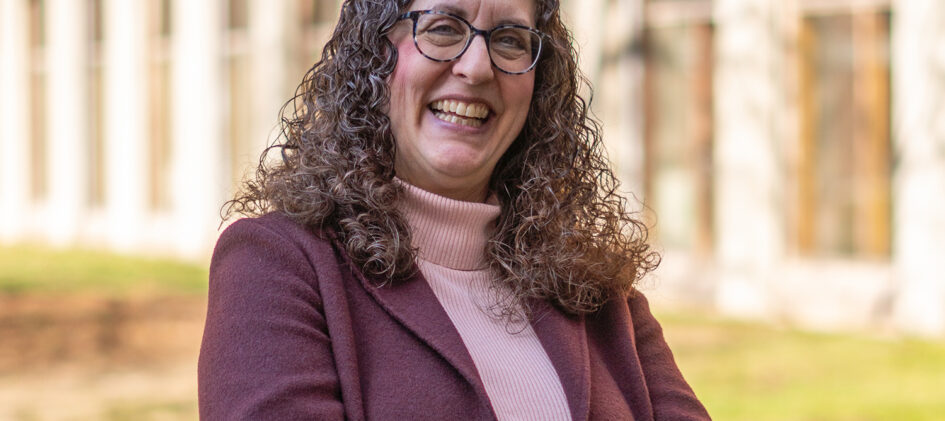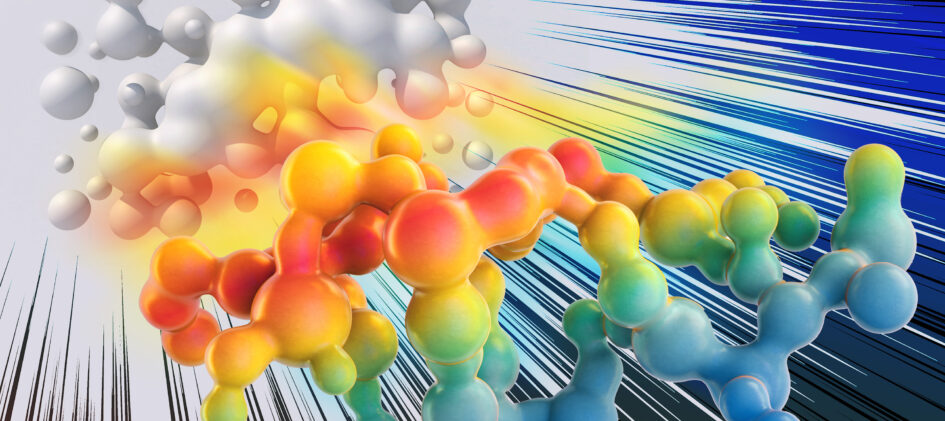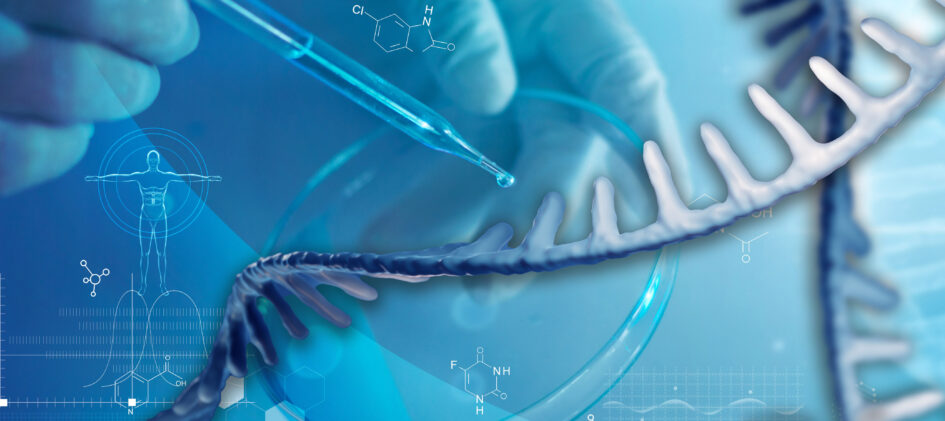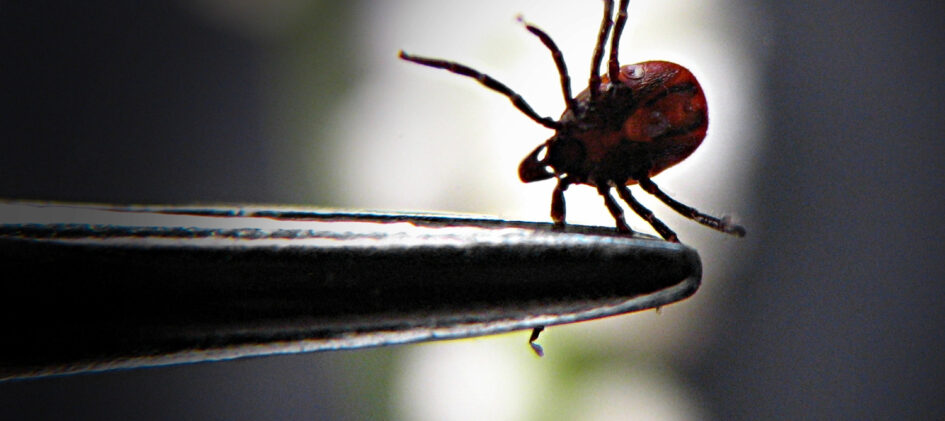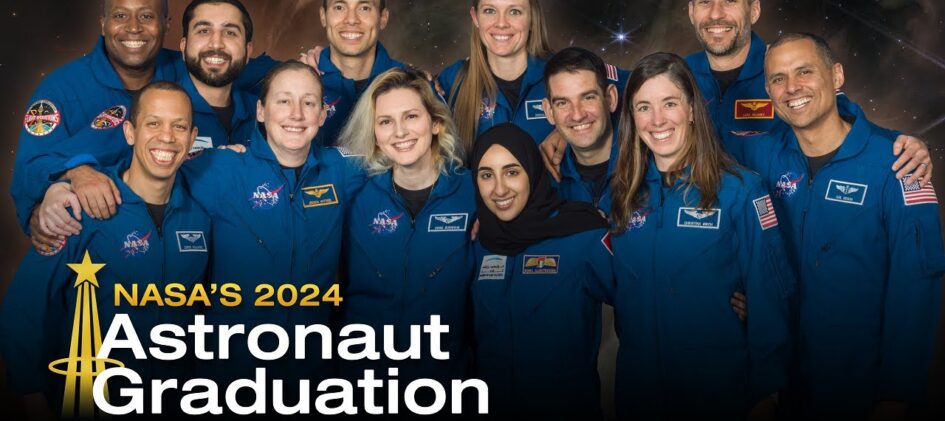Four MIT faculty members have been elected as fellows of the American Association for the Advancement of Science (AAAS). The 2023 class of AAAS Fellows includes 502 scientists, engineers, and innovators across 24 scientific disciplines, who are being recognized for their scientifically and socially distinguished achievements. Bevin Engelward initiated her scientific journey at Yale University […]
Read More

